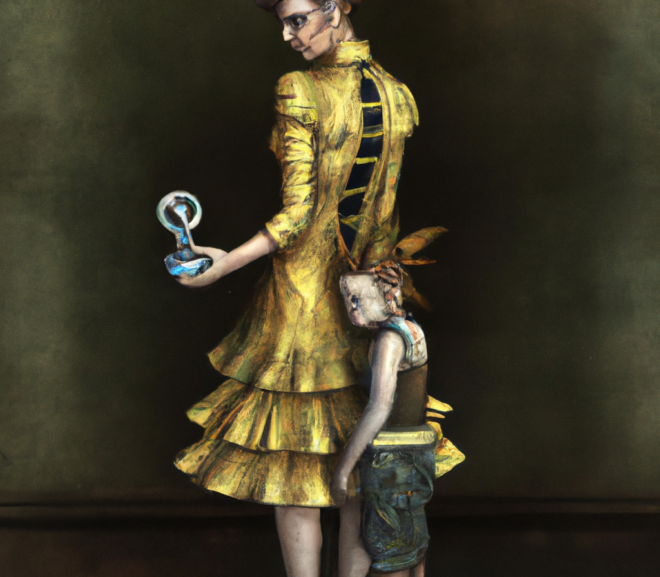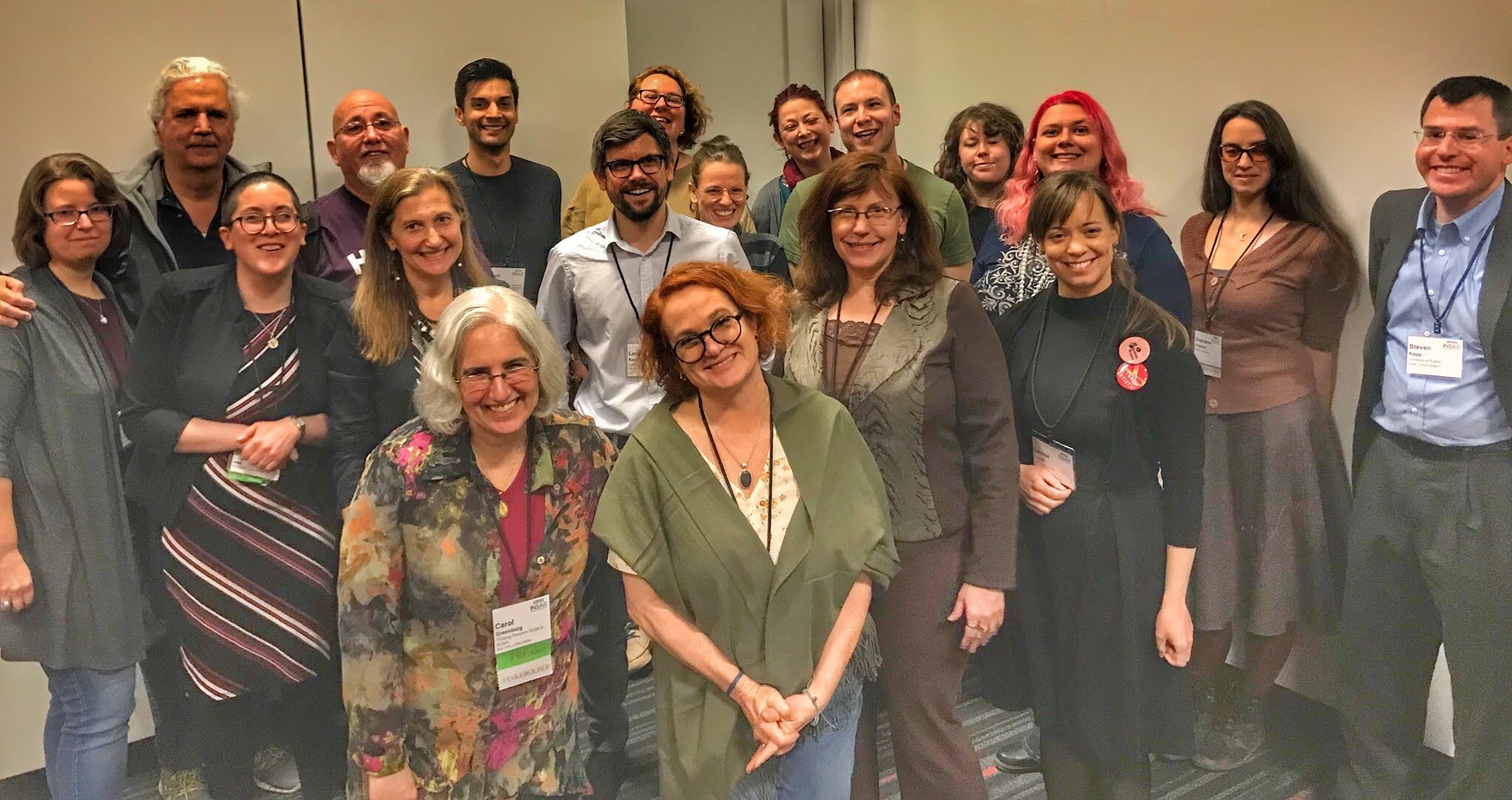We spoke with autistic academics Richard Woods, Kathryn Williams, and C.A. Watts about their recently published letter explaining why “profound autism” bungles the support needs of autistic people with co-occurring conditions, and will endanger autistic lives.
Tag: autism research
“I have no doubt that the individual researchers I have encountered are well-meaning and sincere in their desire to positively impact the world. However, there appears to be a total lack of awareness of current reproductive medicine practices’ bias against neurodivergent people, never mind the implications.”
For the most part, autistic people and our families do not want funds to be used on genetic research, and would prefer them to be used to focus on services and societal interventions that can impact the wellbeing, quality of life, and mental health of autistic people across the lifespan.
Autistic people generally have different social skills, not broken ones. Yet we see paper after paper saying our social skills are broken, and the research teams don’t even bother to mention all the new research showing it’s not true.
Ehlers-Dahlos syndromes are disorders that affect connective tissues. They are both under-researched, and common co-occurring conditions in autistic people.
AutINSAR is a conversation between autistic people and/or autism researchers about needed autism research directions, priorities, oversights, course corrections, and goals.
Shannon Des Roches Rosa with Carol Greenburg Your faithful TPGA editors spent most of last week in Baltimore, Maryland at IMFAR, the International Meeting for Autism Research. We gleaned as much as we could from the 2000 scientists, professionals, autistic people, and family members from all over the world who spent three full days talking about the most current findings and trends in autism research. But we didn’t cover everything or meet everyone we wanted to, because doing so is not physically possibly without a Time Turner. (If you ever want to experience abject FOMO — fear of missing out — by all means, go to IMFAR.) Overview Ninety-nine percent of the researchers at IMFAR are the nicest, most well-meaning scientists one could ever meet, which makes for a friendly atmosphere. We were happy to see significant progress on some research fronts: only a single presentation about vaccines, and it…






